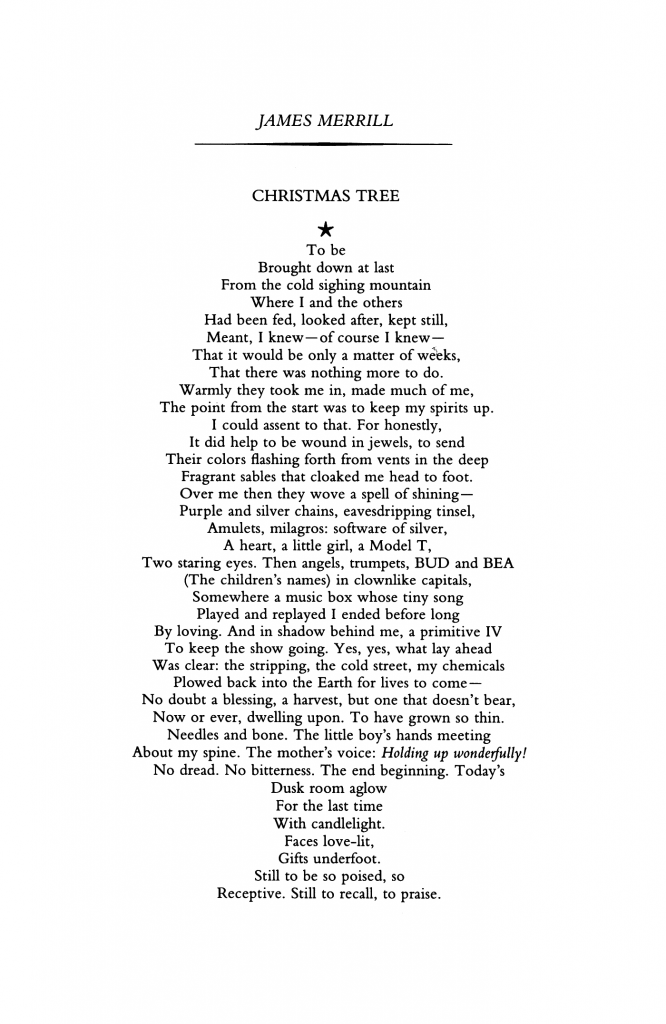The latest in a sequence of lists of recently-read books. The books are listed in reverse chronological order, with the most recently-read book at the top.
- Kate McClymont and Linton Besser [2014]: He Who Must Be Obeid. Australia: Random House. The life and fast times of Eddie Obeid, perhaps, despite the strong calibre of the competition, the most corrupt person ever to be a Cabinet Minister in NSW.
- Bob Carr [2018]: Run for Your Life. Australia: Melbourne University Press. A memoir mostly of Carr’s times as Premier of NSW (1995-2005), running a government which was, untypically for NSW, seemingly uncorrupt.
- Aldous Huxley [1931]: Music at Night and Other Essays. Flamingo reissue.
- Keith Gessen [2018]: A Terrible Country. Fitzcarraldo Editions. Writing as smooth as a gimlet, and extremely engrossing.










